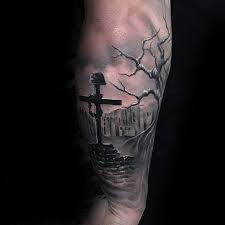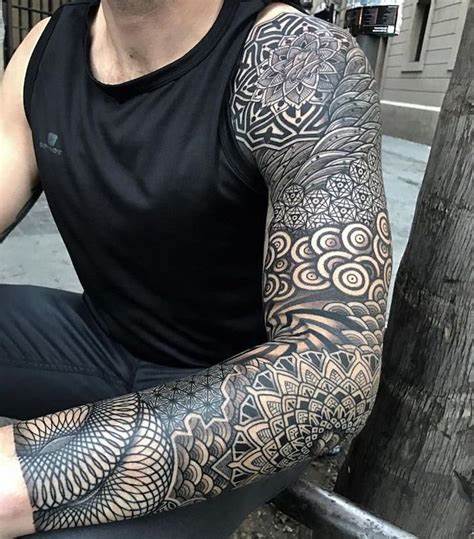
1. Do Not Shower or Bathe
It is best to avoid submerging your tattoo in water, including lakes, oceans, or hot tubs. This could cause irritation and infection. Instead, gently rinse with lukewarm water and avoid using a dirty towel to dry. Wear loose, breathable clothing to promote airflow, and apply thin ointment coats twice or thrice daily.
2. Do Not Apply Too Much Ointment
During the healing stage, your tattoo might feel flaky and itchy. To prevent infection and distortion of the final look, avoid scratching and only use a thin coat of ointment. Also, avoid natural bodies of water, such as lakes and oceans, which contain bacteria and amoebas. After cleansing with antibacterial soap and lukewarm water, pat dry and apply a light moisturizer.
3. Do Not Pick at Scabs
Let scabs fall off naturally while your skin heals. Picking at them can result in color loss, scar tissue formation, and infection. Use a paper towel or cloth instead of your hands several times daily with warm water and fragrance-free soap. Avoid touching your tattoo directly to avoid introducing bacteria.
4. Do Not Touch Your Tattoo
Avoid scratching or picking at your tattoo, as it can cause scarring, delay healing, and lead to infection. Only touch it when washing or applying aftercare treatments. Use warm water antibacterial soap, and pat dry with a paper towel. Apply the recommended antibiotic or fragrance-free lotion twice daily.
5. Do Not Wear Tight Clothes
Choose loose clothing and cotton undergarments to allow optimal airflow and prevent excessive sweating on your tattoo. Avoid activities that cause excessive sweating or submerge your tattoo in water until it has fully healed. Refrain from wearing tight bras or any snug clothing over your tattoo until it is fully healed.
6. Do Not Exercise
Follow aftercare instructions and wait until your tattoo is fully healed before engaging in strenuous activities. Avoid rubbing or pressing against the tattoo during exercise. Sweat and body fluid contact can lead to bacterial formation and slow healing. This is particularly important for high-intensity workouts and martial arts.

